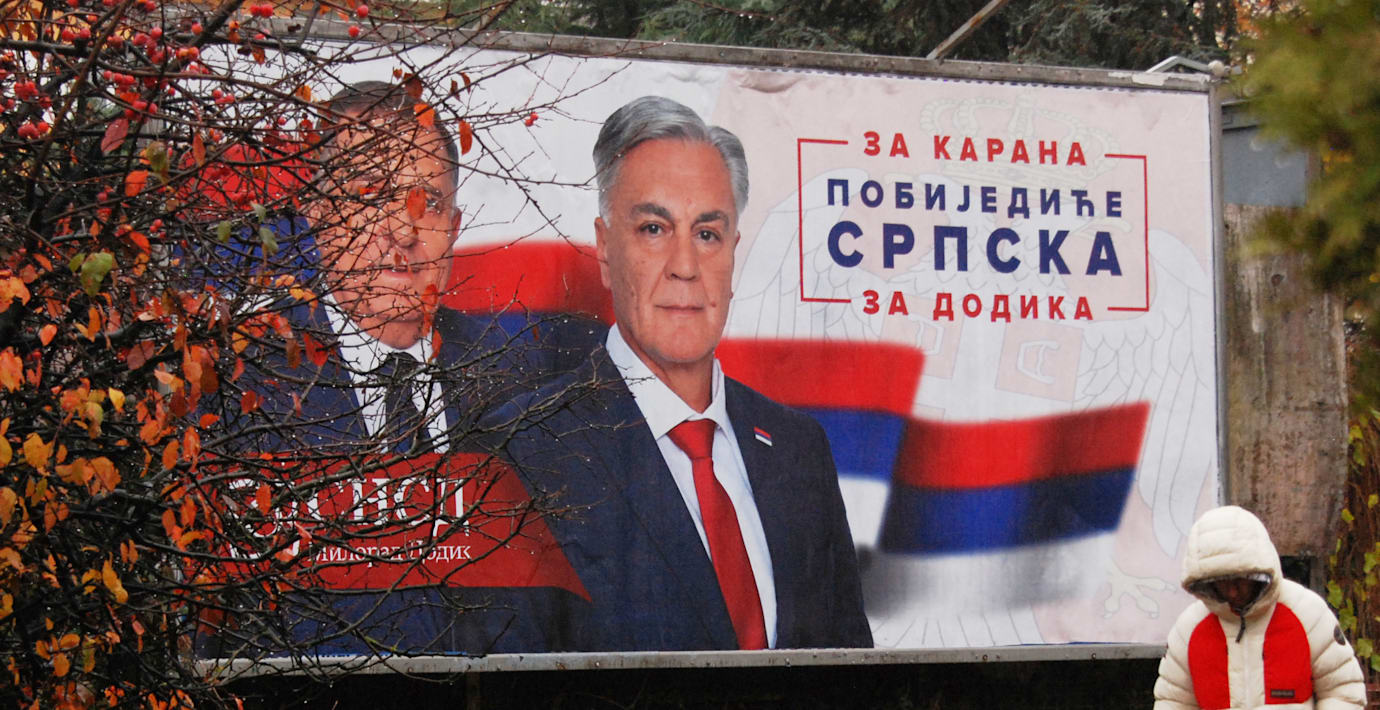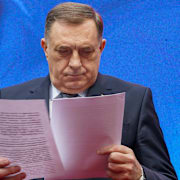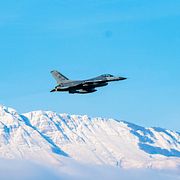
Avsatte Dodik hänger över valet i Republika Srpska
Under söndagen hålls presidentval i den serbiskt dominerade delen av Bosnien och Hercegovina, Republika Srpska. Den nyligen avsatte separatisten Milorad Dodiks efterträdare ska väljas.
I somras avsattes Dodik av en domstol i Bosnien och Hercegovina på grund av att han skrivit under en lag om att ge Republika Srpska självständighet. Han dömdes till ett års fängelse, som gjordes om till ett bötesstraff, och förbjöds ha politiska uppdrag i sex års tid.
Trots detta är han i hög grad närvarande i söndagens val. Han har handplockat sitt eget parti SNSD:s kandidat Sinisa Karan och anklagat styret i Sarajevo för att vilja förstöra Republika Srpska.
– Vi är garanten för stabilitet och säkerhet för alla boende i Republika Srpska, sa han på ett av Karans valmöten, enligt Euronews.


